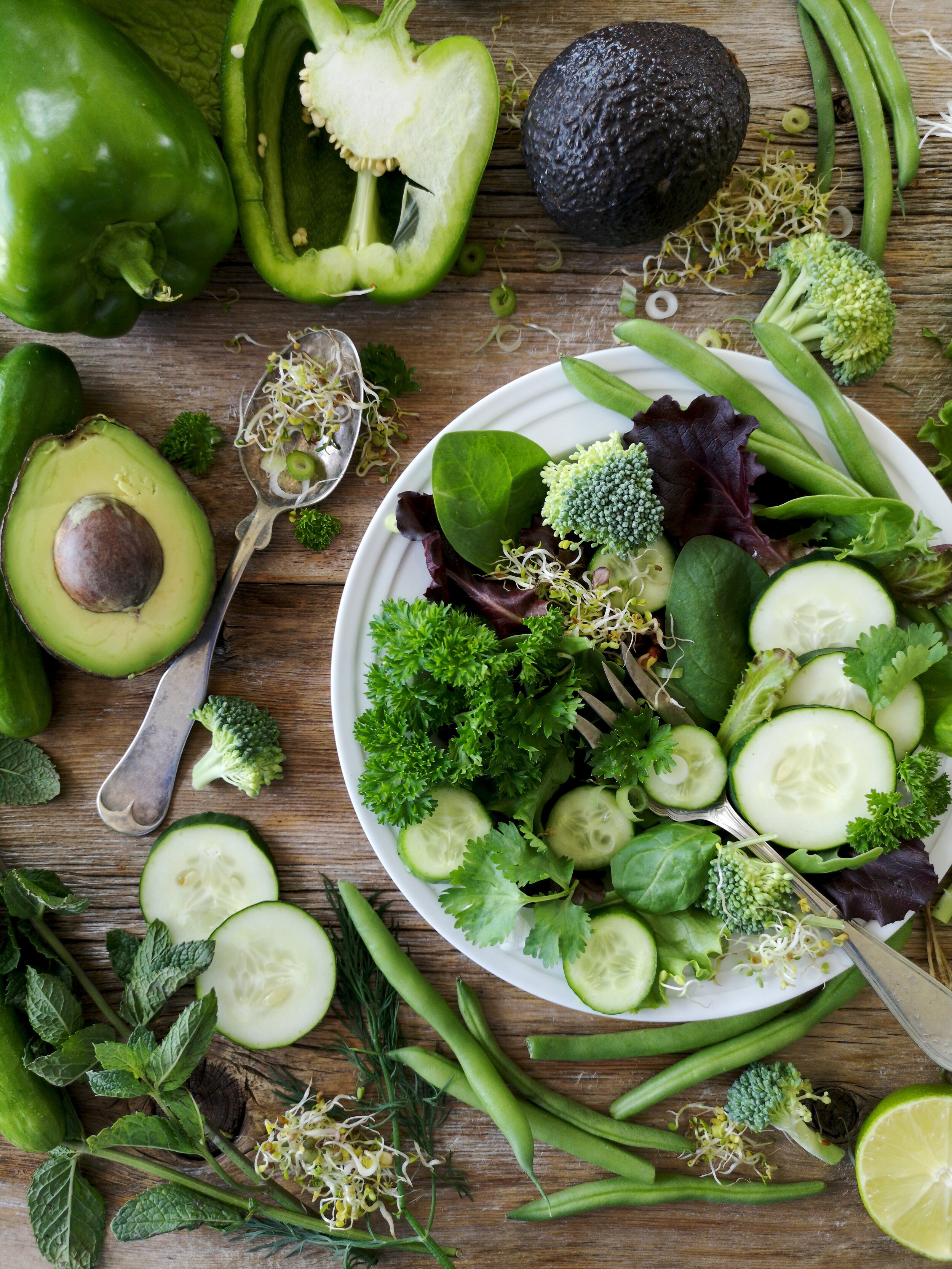Go Green with Your Diet!
Have you considered a vegan diet as a way to contribute to the planet? Not only may incorporating more plant-based foods positively benefit you, but it may significantly impact the planet too!
According to a study from the American journal of clinical nutrition, research has found that the nonvegetarian diet required 2.9 times more water, 2.5 times more primary energy, 13 times more fertilizer, and 1.4 times more pesticides than did the vegetarian diet.
Research shows that increasing more plant-based foods in your diet may lower the risks of cardiovascular disease, diabetes, and cancer. Incorporating more plant based foods may also promote weight loss and boost brain health and anti-inflammatory benefits.
The food industry has made becoming vegetarian and vegan more adaptable with all the meat alternatives made available. It is important to remember that processed foods, vegan or not, can be high in sodium, saturated fats, and sugar, so it is essential to read labels, and enjoy sparingly. Look for meat alternatives that are made from beans and mushrooms rather than food isolates and extracts.
Not ready to fully commit to vegan? No problem- incorporating a Meatless Monday can significantly reduce greenhouse gas emissions and promote health benefits. Meatless Monday is a campaign that promotes eating three meatless meals one day per week. This is a great starting point to gradually build upon. If an entire day without meat still feels scary – try replacing meat in one meal per day and work your way up with these simple tips.
· Replace your favorite beef dish with beans like kidney or black beans to reduce saturated fat and increase fiber.
· Typically add grilled chicken to salads. Try chickpeas instead!
· Instead of grilling up hamburgers, try a mushroom and lentil blend burger instead.
· Reinvent your taco Tuesday with cauliflower or black beans tacos to spice things up!
Resources:
Harold J Marlow, William K Hayes, Samuel Soret, Ronald L Carter, Ernest R Schwab, Joan Sabaté. Diet and the environment: does what you eat matter? The American Journal of Clinical Nutrition, Volume 89, Issue 5, May 2009, Pages 1699S–1703S, https://doi.org/10.3945/ajcn.2009.26736Z
About the author: Phyllis LoDuca is a licensed and registered dietitian/nutritionist in the Greater Philadelphia Region. She completed her bachelor’s in nutrition and Dietetics at the West Chester University. She completed her dietetic internship through the University of Saint Joseph in West Hartford, CT, where she also went on to earn a Master of Science in Nutrition.Phyllis offers virtual nutrition coaching through her business Forchetta Nutrition and can be reached at Phyllis.LoducaRDN@gmail.com.
